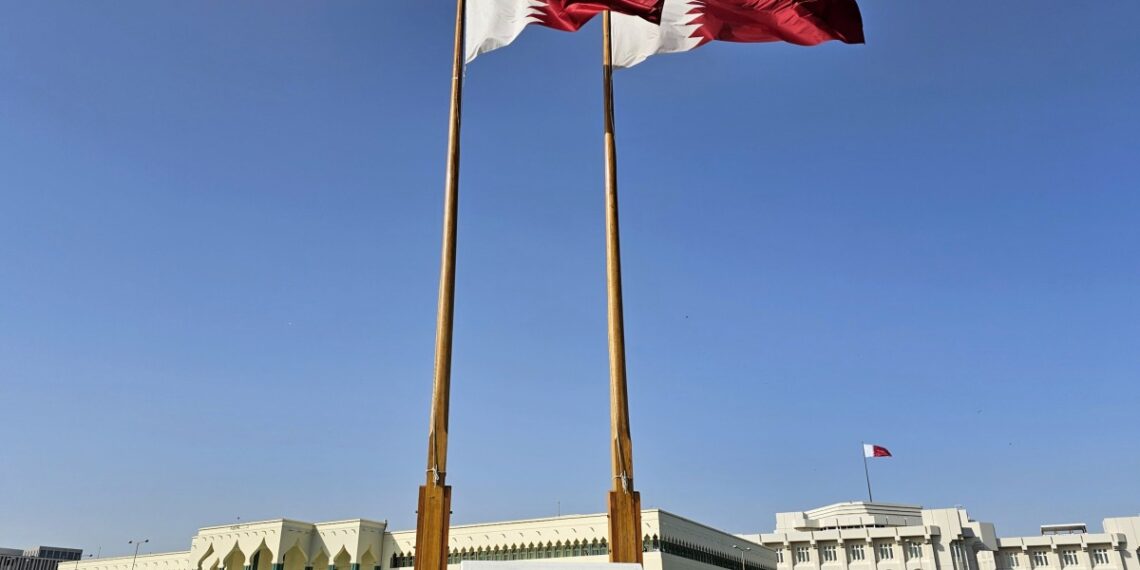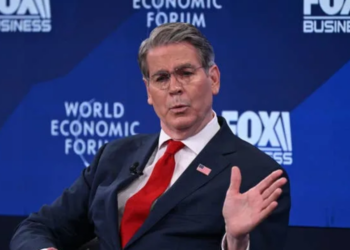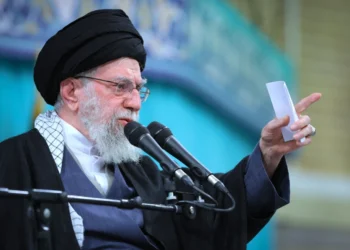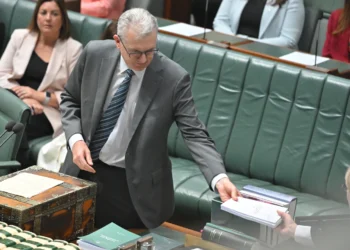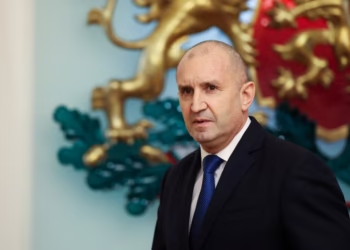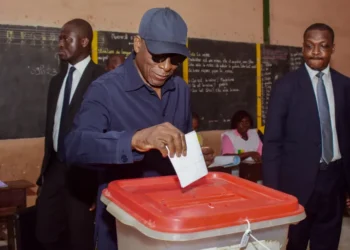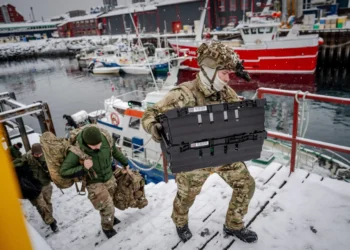DOHA (Realist English). Iran has agreed to a U.S.-backed ceasefire following direct mediation by Qatar’s Prime Minister Mohammed bin Abdulrahman Al Thani, Reuters and Axios reported Tuesday, citing sources familiar with the negotiations.
According to Reuters, the breakthrough came during a phone call between Qatari officials and Iranian leadership shortly after Tehran launched ballistic missiles at the U.S. Al Udeid Air Base in Qatar. The strike, described by Iran as retaliation for American attacks on its nuclear sites, marked a sharp escalation in the regional conflict.
U.S. President Donald Trump reportedly informed Qatar’s emir that Israel had agreed to halt its strikes and asked Doha to help persuade Iran to do the same. The effort succeeded, Reuters said, with Tehran ultimately accepting the truce terms.
Axios confirmed that the ceasefire was facilitated by Qatari diplomacy and that following the base strike, Iran sent a message to the White House pledging to suspend further attacks. Washington, in turn, assured Tehran it would not escalate and expressed readiness to resume dialogue.
Negotiations reportedly continued through backchannels between Washington and Jerusalem, and separately between Doha and Tehran, to finalize the ceasefire’s terms and timing.
A post by President Trump on Truth Social early Tuesday stated that Iran would begin observing the ceasefire in the morning, followed 12 hours later by Israel. The “12-day war,” as Trump described it, is expected to formally end by Tuesday evening.
The Qatari-mediated ceasefire highlights the growing diplomatic clout of Doha as a regional intermediary capable of de-escalating even direct confrontations between the U.S., Israel, and Iran. The back-to-back messaging and time-structured truce suggest all sides were eager to avoid a broader conflict while saving face — especially after military red lines were crossed. What comes next will depend on whether this fragile quiet holds — and whether talks resume in earnest.Инструменты


